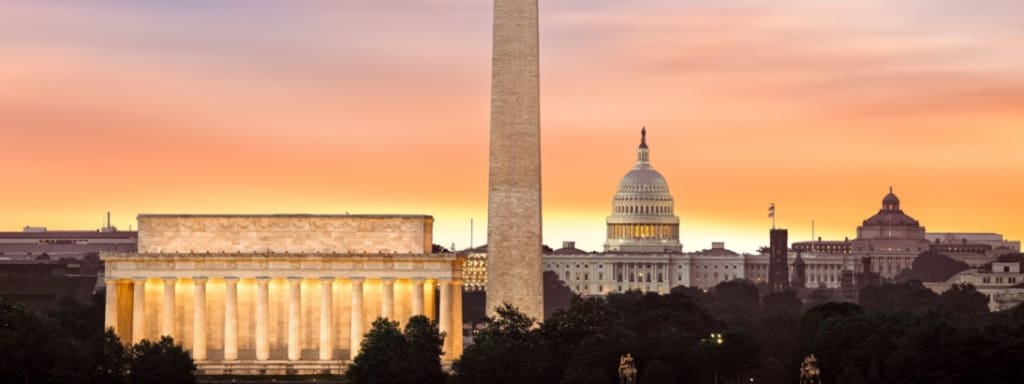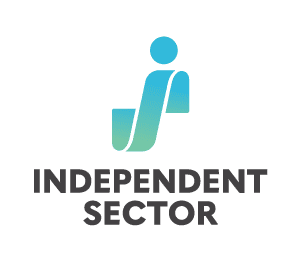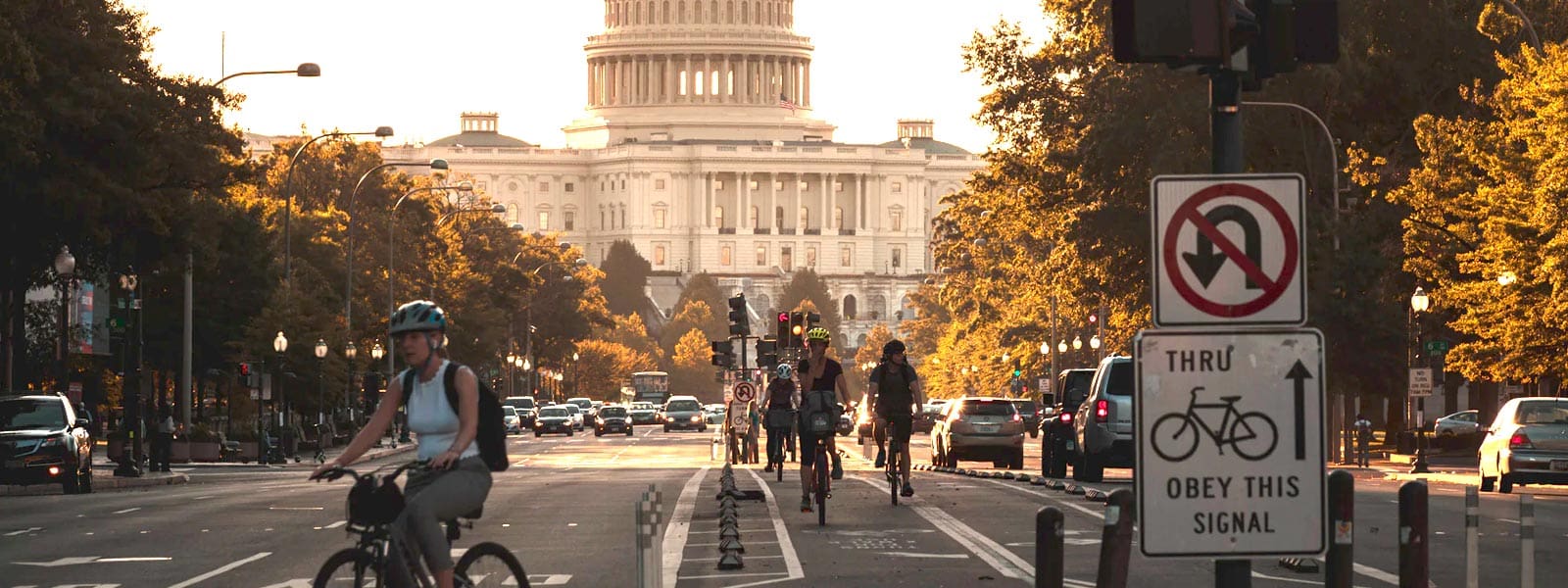On June 3, the Senate passed by unanimous consent the Paycheck Protection Program Flexibility Act (H.R. 7010) that would make a number of much needed changes to the CARES Act’s $670 billion Paycheck Protection Program (PPP), an initiative managed by the U.S. Small Business Administration that provides forgivable emergency loans to nonprofits and small businesses.
Among other changes, the bill would give nonprofits and businesses 24 weeks to use the funds while still qualifying for forgiveness (an increase from the program’s current eight-week limit); increase to 40 percent (up from 25 percent) the amount of the loan that can be used for non-payroll costs; and allow nonprofits and businesses to defer payroll tax payments if they receive a PPP loan.
The PPP Flexibility Act introduced by Reps. Dean Phillips (D-MN) and Chip Roy (R-TX) passed the House last week.
The PPP Flexibility Act, expected to be signed into law by the president, would:
- Extend the period in which nonprofits and businesses can restore their previous staffing or salary levels and still qualify for loan forgiveness under PPP from June 30 until December 1. Under the bill, the time period in which a company’s staffing and salary cuts would apply as the baseline is from February 15 through 30 days after enactment of the CARES Act (which was signed March 27).
- Lower to 60 percent the program’s current requirement that 75 percent of a nonprofit’s and business’s forgivable expenses come from payroll costs. The original version of HR 7010 eliminated the payroll-expenses requirement altogether, but that language was dropped after objections from labor unions earlier this week.
- Create an “Exemption Based on Employee Availability” from the PPP’s requirement that any loan forgiveness be reduced in proportion to the number of full-time equivalent employees the company or nonprofit does not restore. A company or nonprofit would be exempt from this requirement if it is able to document: 1) that it was unable to rehire people who were employees on February 15; 2) that it was unable to hire similarly qualified employees for unfilled positions on or before December 31; or 3) that it was unable to return to the same level of business activity it was operating at before February 15, 2020, because it complied with certain federal guidance or requirements “for sanitation, social distancing, or any other worker or customer safety requirement related to COVID–19.”
- Repeal a CARES Act provision that prohibited companies and nonprofits with forgiven PPP loans from deferring their payroll tax payments.
- Extend the deadline to apply for a PPP loan from June 30 to December 31, 2020.
- Allow PPP borrowers to defer their principal and interest payments until the Small Business Administration compensates lenders for any forgiven amounts. The program currently has a six-month deferral period. Borrowers would have at least 10 months after the PPP expires to start making payments if they don’t seek loan forgiveness.
- Extend the minimum maturity period for PPP loans from two years to five years following an application for loan forgiveness. This new term would apply to PPP loans issued after enactment of HR 7010, though the bill says nothing in it (or the CARES Act or subsequent PPP legislation) “shall be construed to prohibit lenders and borrowers from mutually agreeing to modify the maturity terms” of loans that were issued before then.



